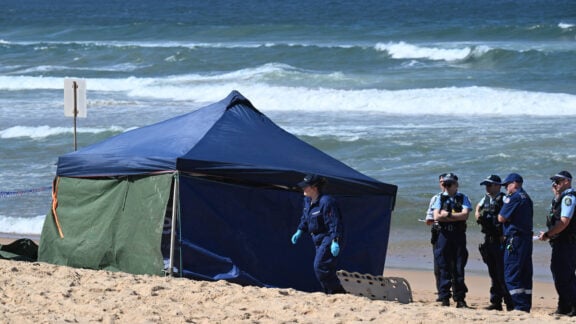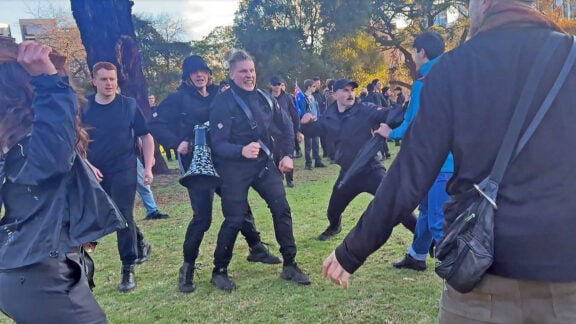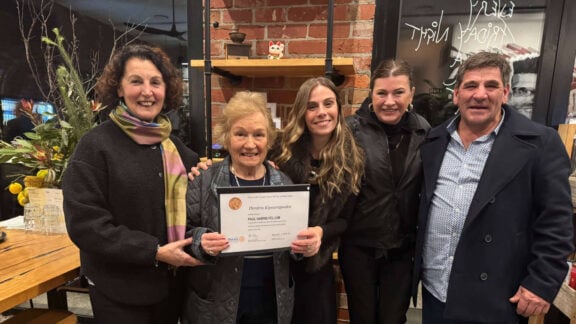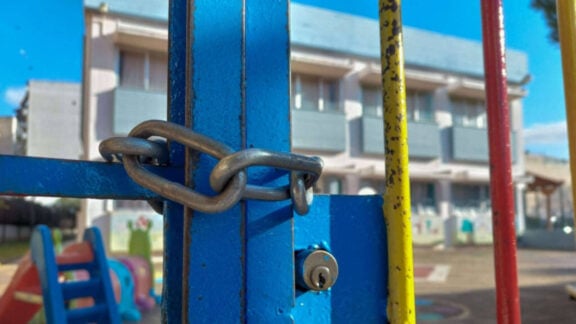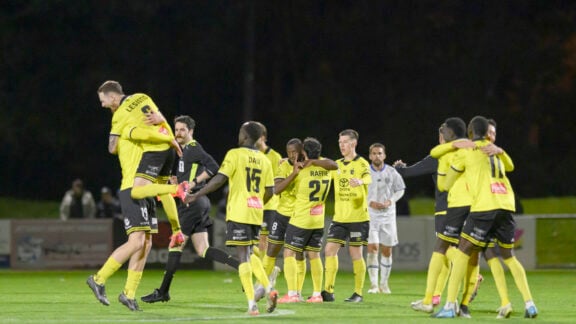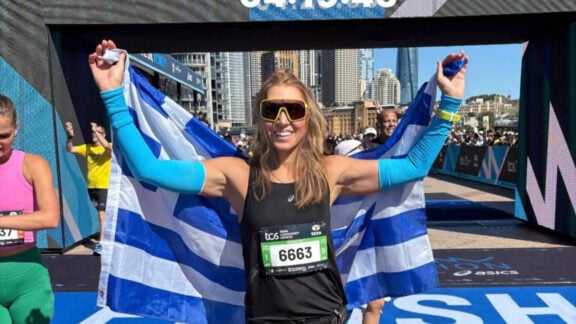Australia has not locked in a meeting between Defence Minister Richard Marles and US President Donald Trump at the NATO summit in the Netherlands.
Mr Marles, who is also the deputy prime minister, is set to face renewed pressure from the US, which wants its allies to lift defence spending.
He is attending in place of Prime Minister Anthony Albanese, who pulled the pin on a potential trip to The Hague after other Indo-Pacific leaders opted out.
Mr Albanese’s planned first face-to-face meeting with Mr Trump, on the sidelines of the G7 summit earlier this month, was cancelled after an escalation in the conflict in the Middle East between Israel and Iran.
Asked if he would meet the US president, Mr Marles said it wasn’t yet confirmed.
“It’s not specifically on the agenda and I wouldn’t want to overstate any of that,” he told reporters at the security summit on Wednesday.
“We are in large rooms with lots of people, and these meetings, gatherings like this, end up being pretty fluid in terms of the bilaterals that you end up organising.”
A meeting with any senior Trump administration officials would likely include talks on Washington’s 30-day review of its nuclear submarine deal with Australia under the AUKUS partnership.
US Defence Secretary Pete Hegseth previously called on Australia to massively boost its defence budget to 3.5 per cent of gross domestic product.
Australia currently spends about two per cent of its GDP on defence, and is on track to increase that to 2.33 per cent by 2033/34.
The Albanese government is also pushing for the removal of US tariffs, which impose a 10 per cent baseline levy on Australian goods exported to the US.
Mr Marles is at the NATO military alliance summit as part of the Indo-Pacific Four group, which includes Australia, New Zealand, Japan and South Korea.
The leaders of South Korea and Japan are not attending, but the nations are represented.
Source: AAP

